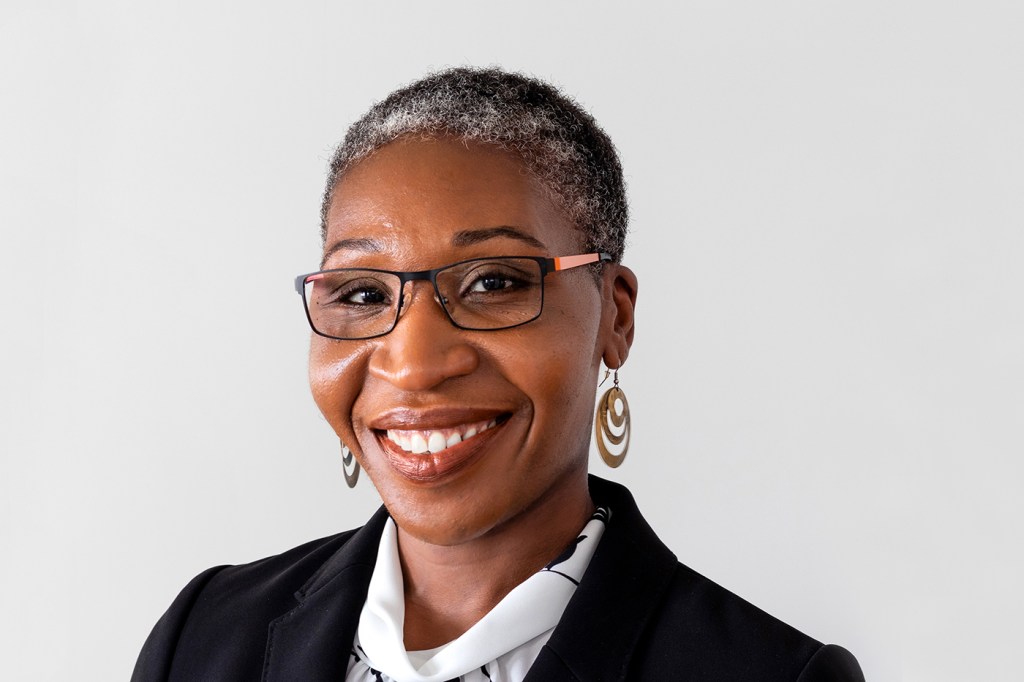How teaching organic chemistry can be like teaching a foreign language

For most of her life, Oyinda Oyelaran never expected she’d be a teacher. She always planned to put her love of organic chemistry to use outside of academia—as a pharmacist, maybe, or a researcher at a biomedical company.
But then, as a postdoctoral fellow at the National Cancer Institute, she had an opportunity to mentor an undergraduate student doing an internship in the same lab.
“The amount of growth I saw in this student; that increase in maturity as a scientist that the student went through—that was really gratifying for me,” says Oyelaran, who is now a teaching professor of chemistry and chemical biology at Northeastern. “That was the spark that made me think seriously about teaching.”
This year, Oyelaran was selected as one of two faculty members to receive Northeastern University’s Excellence in Teaching Award. Nominations for the award are made by students, who consider several criteria: the faculty members’ depth of knowledge in the subject; their ability to provide effective links among course content, research, and experiential learning; and the rigor of the course content.
Now, Oyelaran says she approaches teaching with an eye toward her own undergraduate experience.
“I remember how it felt when I was taking organic chemistry, I remember going to my professor’s office hours and at one point just asking him, ‘How do you know all this?’” Oyelaran says. “He laughed and said, ‘It takes time.’”
Because the subject is so dense with complex concepts and specialized language, Oyelaran says she approaches teaching organic chemistry the same way one might teach a foreign language.
“How do you learn a new language? You immerse yourself in it; you practice it, you try speaking it with other people,” she says. “It’s all-consuming, and that guides how I present different topics.”
Oyelaran also acknowledges that the subjects she teaches can seem, well, really hard.
“Organic chemistry has a reputation as being this ridiculously hard, impossible subject,” she says. “Removing that notion, and helping students see their own ability, helping them enjoy a sense of achievement—that’s what drives the amount of effort I put into mentoring my students.”
For media inquiries, please contact media@northeastern.edu.





